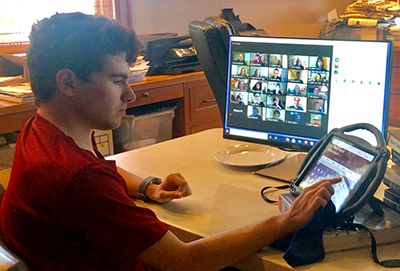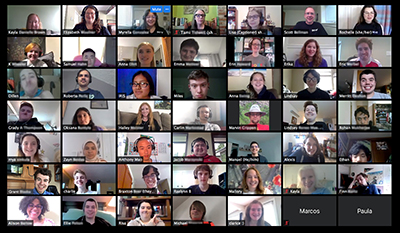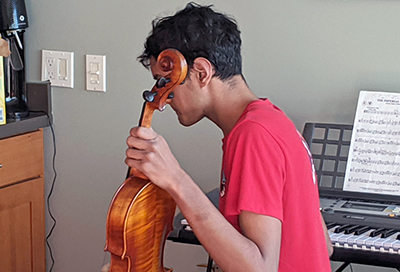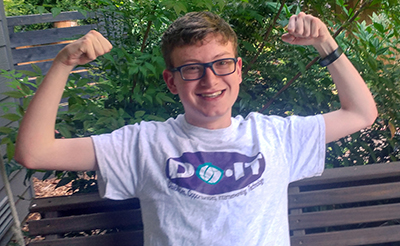2020 UW-IT Access Technology Services Annual Report

Director, Sheryl Burgstahler, Ph.D.
The University of Washington’s Accessible Technology Services (ATS) promotes the success of people with disabilities using technology as an empowering tool to increase independence, productivity, and participation in education. We believe this important work contributes to lively communities that value diversity and equity. ATS supports two groups: The Information Technology Accessibility Team (ITAT) and the Disabilities, Opportunities, Internetworking, and Technology (DO-IT) Team.
IT Accessibility Team
Manager, Terrill Thompson

ITAT serves to ensure that UW students, faculty, and staff with disabilities have access to technology that helps them accomplish their work. ITAT staff provide consultation and support to the UW community to help ensure that websites, documents, videos, software, and other technologies are accessible.
They also offer a variety of services. The team
- provides trainings,
- develops and maintains helpful resources such as the Accessible Technology website (uw.edu/accessibility), and
- offers captioning and accessibility remediation services for high impact videos and PDFs respectively.

ITAT staff work collaboratively with IT vendors to help them to provide products and services that meet the UW’s accessibility standards. In 2020, they collaborated with 30 vendors including WorkDay, Microsoft, Google, Panopto, Zoom, Instructure, and many others.
Disabilities, Opportunities, Internetworking, and Technology
Manager, Scott Bellman
DO-IT has continued to secure external funding to address accessibility issues statewide, nationally, and internationally. Working with UW and external partners, DO-IT supports activities that increase the success of people with disabilities in college and careers. It was founded in 1992 with a grant from the National Science Foundation.

In 2020, hundreds of students attended DO-IT’s virtual college-preparation camps at the
UW, engaged in mentoring, and secured challenging internships and careers. DO-IT’s longitudinal study continues to document the success of programs and participants.
DO-IT worked with organizations in the United States and other countries to adapt evidence-based practices to
- promote the success of people with disabilities in college studies and careers;
- advance the development and use of technology for people with disabilities; and
- promote the universal design of instruction, physical spaces, technology, and services.